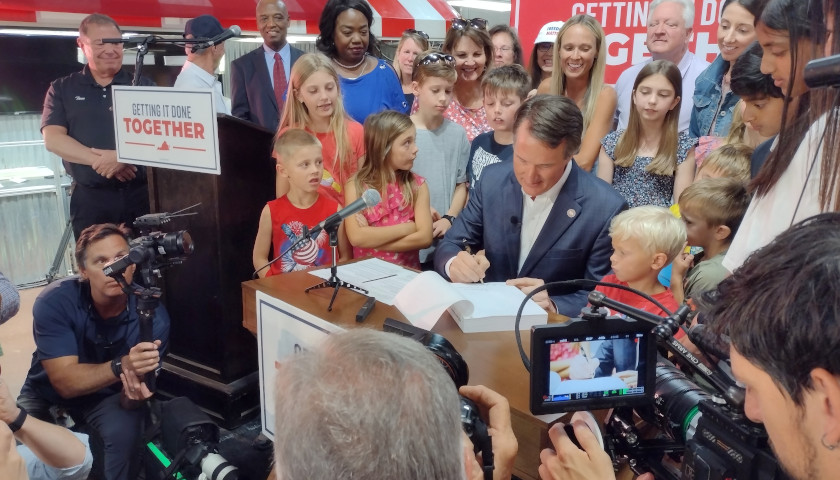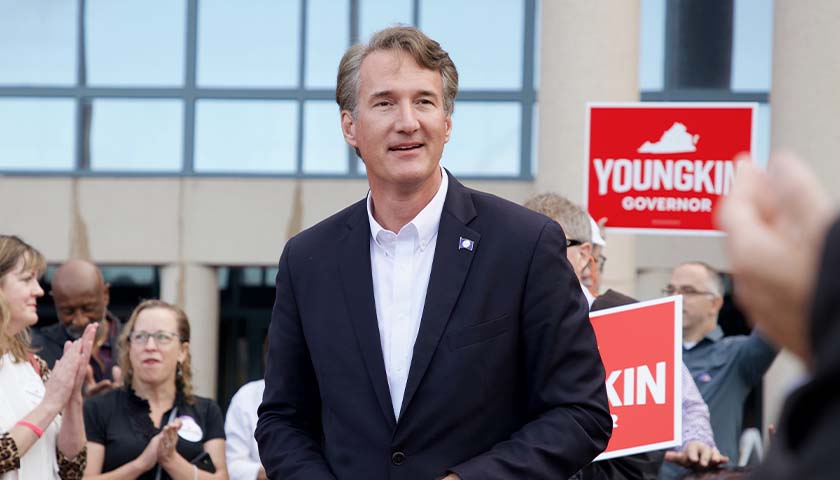The firing of Matthew Hawn, a high school teacher in Sullivan County, Tennessee, recently made national news and seemed to confirm fears that newly-enacted state bans on critical race theory (CRT) would have a chilling effect on teacher speech. Hawn, a 16-year veteran tenured teacher and baseball coach, had assigned students in his contemporary issues class Ta-Nehisi Coates’s essay, “The First White President,” and a spoken word poem from Kyla Jenée Lacey called “White Privilege.” One headline declared, “A Tennessee teacher taught a Ta-Nehisi Coates essay and a poem about white privilege. He was fired for it.” A Georgetown professor tweeted, “This really seems extreme and a harbinger of what is to come.”
But contrary to news coverage and social media chatter, Hawn wasn’t fired for violating the state’s newly passed CRT ban. Really, he was dismissed for failing to adhere to the Tennessee “Teacher Code of Ethics,” a seldom-invoked but sensible state requirement for teachers to provide students access to varying points of view on controversial topics. Not only did Hawn fail to follow this code when he assigned the contentious poem and Coates’ essay from The Atlantic, which contains claims such as, “With one immediate exception, Trump’s predecessors made their way to high office through the passive power of whiteness,” he also later asserted that “there is no credible source for a differing point of view.” (Hawn recently denied making such a claim, though he declined to explain why the district attributed this statement to him.)
Read More




